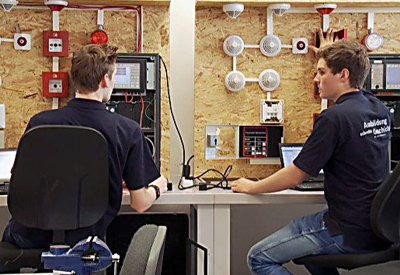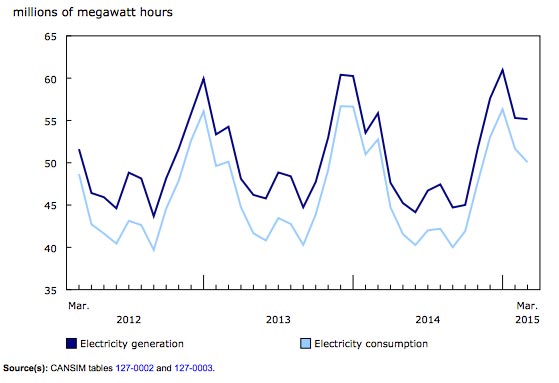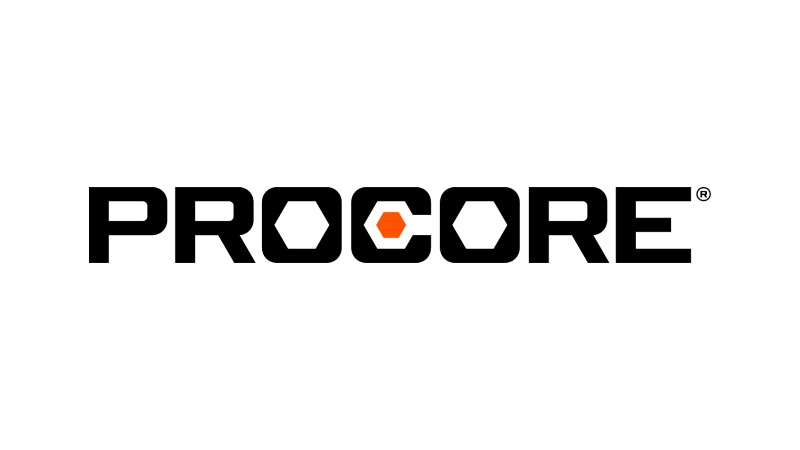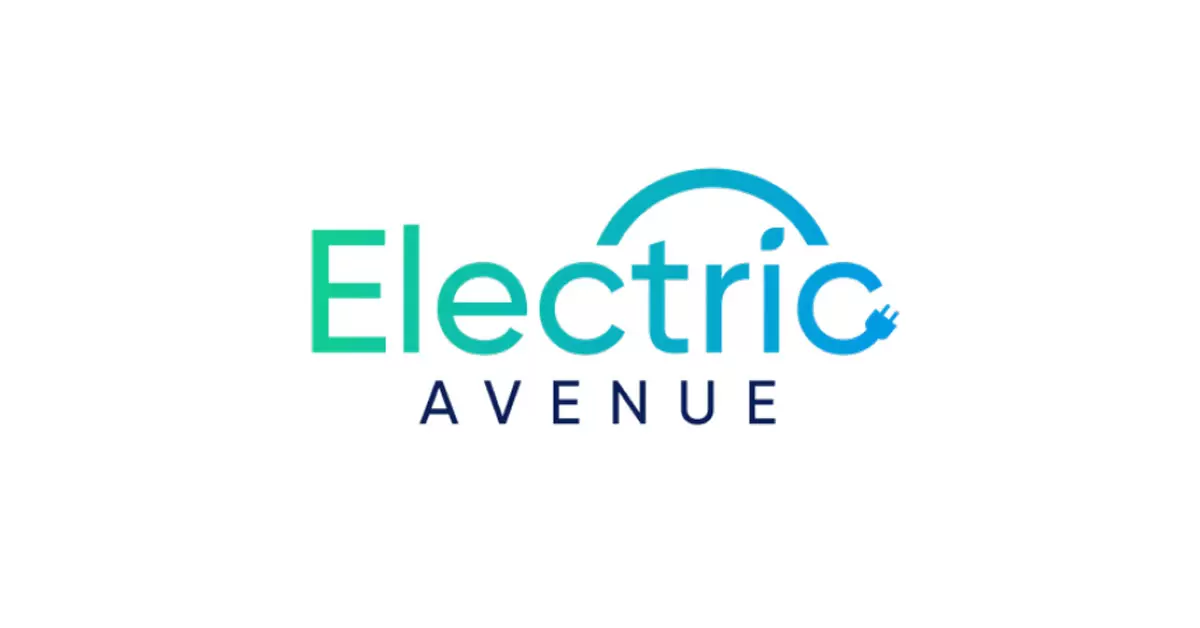Il n’y a pas que les connaissances techniques qui competent

On me demande souvent comment ceux et celles qui amorcent leur carrière dans l’industrie électrique peuvent se démarquer de la compétition. Souvent, je vois des individus qui ont toutes les qualifications techniques requises pour l’emploi et les diplômes pour le prouver. Toutefois, à la suite de nos discussions avec des employeurs au cours des cinq dernières années, on nous dit souvent que les nouveaux employés auront besoin de nombreuses qualifications pour remplacer les employés qui prennent leur retraite et qui ont fait carrière dans l’industrie et ont accumulé connaissances techniques et expérience. Les employeurs veulent maintenant des candidats avec non seulement des habilités techniques, mais aussi des habilités en communications, capables de prendre des décisions, de l’expérience en gestion de projet, etc. Plusieurs jeunes se présentant pour la première fois en entrevue sont surpris par les questions qu’on leur pose en entrevue.
As students head back to school and reality sets in that winter is not really that far away, I am often asked how those looking to enter the electricity workforce for the first time can set themselves apart from the competition.
In many instances I will see individuals who have all the technical skills required for the job and the paper to prove it. However, our discussions with employers over the last five years have told us that new employees will need to be ramped up much faster than in the past in order to replace retiring employees (most likely career employees) who have accumulated years of experience and knowledge. Employers now want graduates with not just technical skills but leadership ability, communications skills, decision-making skills, project management experience, etc.
Many young entrants fail to take this into account and come away surprised by the questions they experience in an interview. The majority of employers now use competency (also known as behavioural based) questions to determine whether job candidates have the skills and knowledge required for the position. With the cost of hiring — and making the wrong decision — well documented, employers are under more and more pressure to get it right the first time.
Questions of course will differ depending on the type of job being offered — a sales representative may face different questions to a power line technician, or a civil engineer — but the goal is the same: to determine if this candidate has the ability to handle the job and to fit into the work environment. Will the person be able to juggle priorities? Make decisions quickly in a critical situation? Deal with difficult customers? Show initiative?
Those who have gone to an interview prepared to speak to the purely technical requirements of the job may not be prepared to respond to questions that ask them to speak to their behaviour in specific circumstances, which they then need to back up with concrete examples.
My advice to these young people is to prepare, prepare, prepare. Read the job description carefully and identify examples from your past experience which you can use to show that you possess the skills and competencies that you are being asked to demonstrate. Practice with a parent, or someone experienced who can help you articulate those skills. Many young people have been youth counsellors in summer camp, held part-time jobs while in college, or volunteered at numerous events, yet still have a difficult time in translating those experiences into the attributes that an employer will value.
The responsibility for interviewers is to ensure that the questions accurately reflect the needs of the position. While there may be some common themes that run through the questions, ensure that they make sense for the job and your business, while also allowing you to move beyond clichéd responses (e.g., What’s your biggest fault? I’m a perfectionist).
Earlier this year, the jobs and recruiting site Glassdoor combed through tens of thousands of interview questions shared by job candidates over the past year to compile its annual list of the Top 10 Oddball Interview Questions. While the response to these types of questions has been wildly divided, they make for interesting reading. Here’s a sample”:
• “Why are manholes round?” Asked by St. Jude Medical for a electrical engineer co-op position.
• “Choose a city and estimate how many piano tuners operate a business there.” Asked by Google, for a project manager position.
• “If you had a choice between two superpowers (being invisible or flying) which would you choose?” Asked by Microsoft for a high level product lead/evangelist position.
Read more: http://www.glassdoor.com/Oddball-Interview-Questions-LST_KQ0,27.htm.
Michelle Branigan is CEO, Electricity Human Resources Canada; http://electricityhr.ca.










